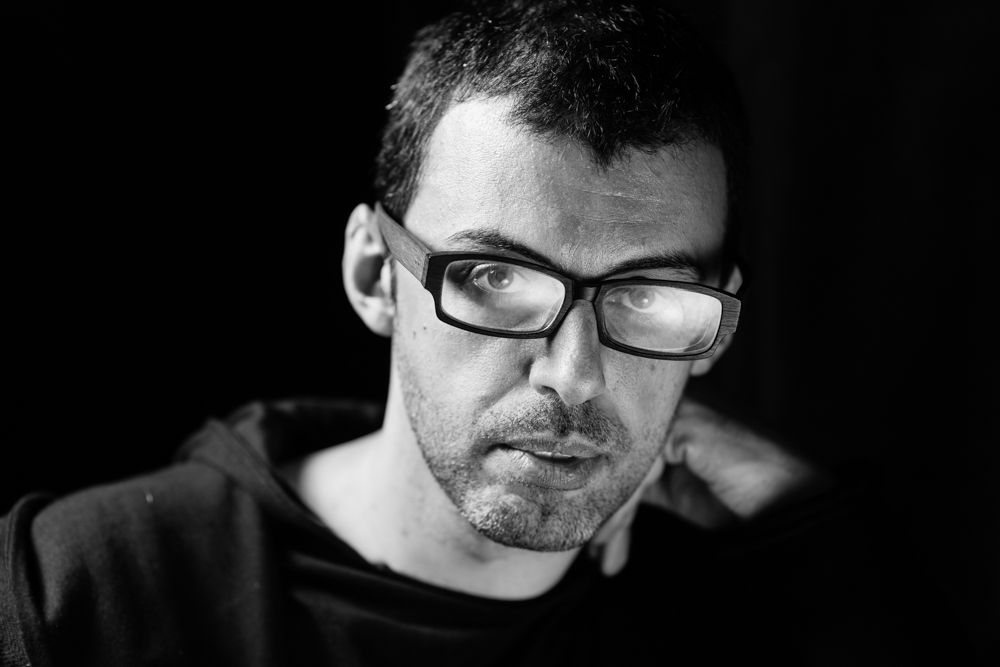
We continue our publication of interviews with the composers who worked on Boris Yukhananov's Orphic Games. Punk-macrame project. Here Kristina Matvienko chats with Dmitri Kourlianski.
"This really is a huge project. How do you cope with it? Gorlinsky said we were dealing with the same kind of oversize structures that exist in opera. Then there is the idea of the relationship between the general and the particular, of details and the entire fractal, and at what level of this fractal do we concentrate our perception. It is possible to perceive this entire six-day experience as a single experience of coexistence, because it subordinates the viewer's time to itself. If the viewer really goes for it all, he involuntarily becomes a part of the process and obeys it. You can take it in in smaller structures, by the day, for example, or by the performance. Performances, incidentally, are broken into two or three acts, and into day and evening segments. You can take in an act separately, you can divide up the act itself, for most of them are divisible, and within each one you can discern how these scenes coexist in unified time, or you can follow one after another in a chain. In general, this game with long and short time, and with micro-time, too, is what transforms the project, in my opinion, into a unified whole. Precisely when you go out for a long time, you begin perceiving the picture as a whole. Even if you look at a white sheet of paper as a whole, still, in fact, you have before you a piece of paper. But the closer you approach it, the more you see bumps, roughnesses, lines, granules, and fibers. If you come very close by employing optical equipment, you generally lose sight of the piece of paper".





